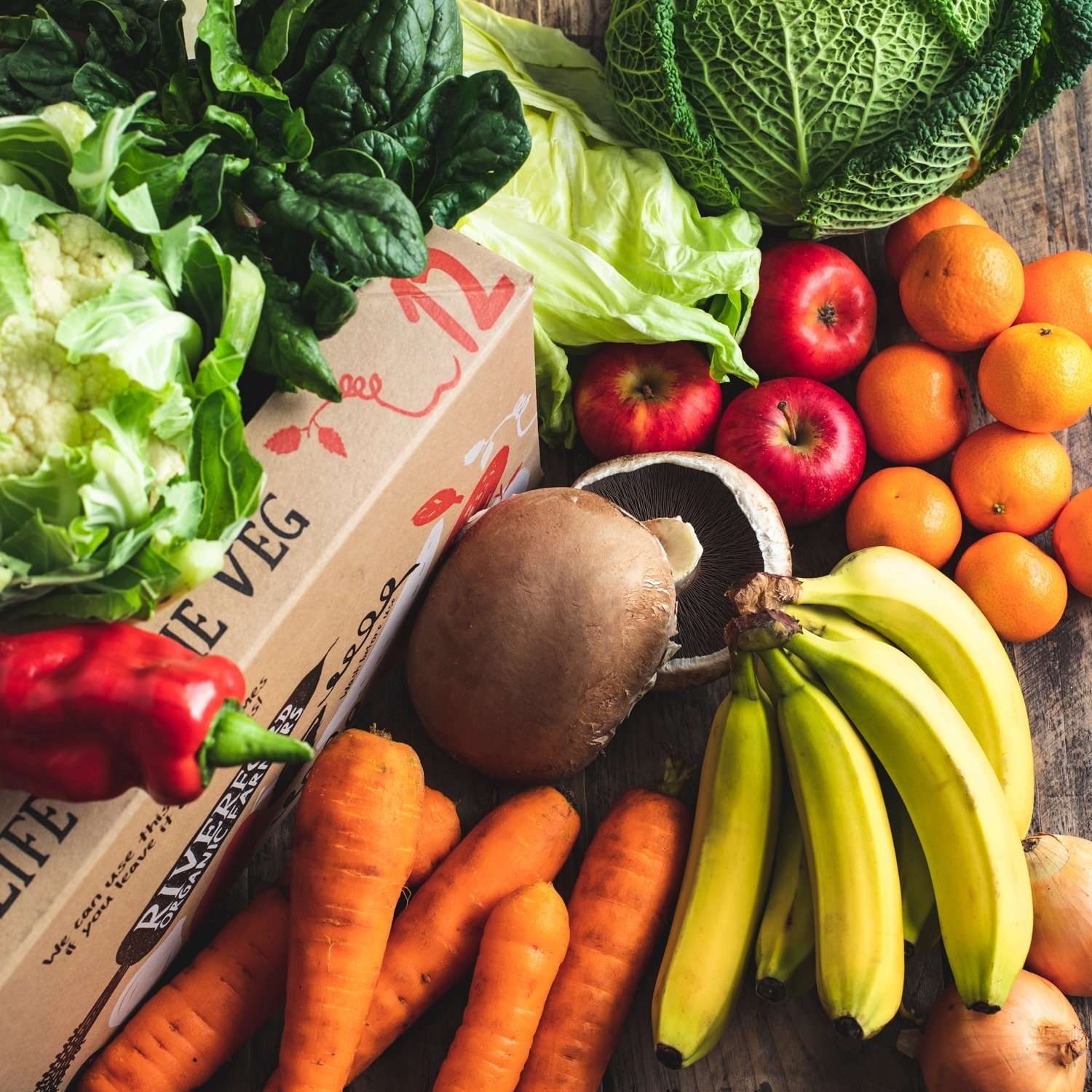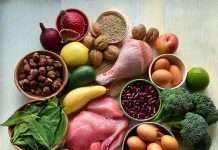
Good digestion is an important step in the process of healthy living. It’s essential for the body to properly extract nutrients from the food we eat.
Digestion starts in the mouth with chewing and saliva. Saliva contains enzymes that help break down carbohydrates and proteins, while chewing helps grind food into smaller pieces.
The stomach breaks down most of what we eat, but it can’t digest everything, so it sends some of its contents to the small intestine. The small intestine absorbs nutrients like vitamins and minerals into your bloodstream before passing along any leftover material to your large intestine for elimination as stool.
There is no denying the fact that Nigerian foods are delicious. However, they are also notoriously high in calories, which can lead to weight gain and other health problems. For this reason, many Nigerians are now looking for low calorie foods as a way to improve their digestion and lose weight.
Evidences abound on how low calorie foods can help to improve digestion. For example, a study published in the Journal of Gastroenterology and Hepatology found that a low calorie diet improved bowel function in obese patients. Another study, published in the same journal, found that a low calorie diet resulted in less gas and bloating in healthy adults.
Medical Practitioner and member of the Nigerian Medical Association and American Society of Internal Medicine, Dr Oluwadamilola Faleye, who presently works at Mayo Clinic, gave a few reasons why low calorie foods can actually aid digestion. According to his post on the popular Nigerian online forum Nairaland, he said there are many benefits to eating low calorie foods.
“Low calorie foods help to improve digestion by helping the body to break down food more effectively. Low calorie foods also help to regulate blood sugar levels, which can be helpful for those with diabetes. In addition, low calorie foods can help to reduce the risk of developing obesity and other chronic health conditions,” he said.
Here are top 5 low calorie foods for improved digestion
It is no secret that many people struggle with their weight. In fact, according to the World Health Organisation, more than 1.9 billion adults worldwide are overweight. And, of those adults, 650 million are obese.
So, what are the best low calorie foods for improved digestion?
Ayesha Lawal Sani, a Nigerian-American author, registered dietitian, and certified personal trainer, recently conducted research on “The Best Low-Calorie Foods for Better Digestion” and published it on her nutrition and wellness website, Nourish by Ayesha suggests eating the following foods:
1. Fruits and vegetables:
Fruits and vegetables are high in fiber, which helps to keep the digestive system running smoothly. They also contain essential vitamins and minerals that can help keep the digestive system healthy.
There are a variety of fruits and vegetables that are great for improving digestion. Some of the best choices include apples, bananas, Kiwis, oranges, papayas, strawberries, and watermelons. These fruits are all high in fiber and water content, both of which are essential for proper digestion. Additionally, they are low in calories and fat, making them an ideal choice for those who are trying to lose weight or maintain a healthy weight.
2. Lean protein:
Protein is essential for a healthy digestive system. It helps repair and build tissue, and it also helps the body to absorb nutrients. Lean protein is a great source of energy and it helps to keep the digestive system working properly.
There are many different types of lean protein, such as chicken, fish, tofu, and beans. Each has its own unique benefits, so it is important to choose the right one for your needs. For example, chicken is a good source of niacin, which is important for the health of the digestive system. Fish is a good source of omega-3 fatty acids, which can help to reduce inflammation.
Tofu and beans are both excellent sources of fiber, which is essential for a healthy digestive system. Fiber helps to keep the bowels moving and it also helps to absorb nutrients.
3. Whole grains:
Whole grains are packed with fiber, which can help to keep things moving along the digestive tract and prevent constipation. They also contain nutrients that are essential for good gut health, including prebiotics and probiotics.
Whole grains can be enjoyed in a variety of ways. One option is to add them to soups or stews. Another is to use them as a base for a salad. You can also simply enjoy them as a side dish. Make sure to choose whole grain options that are minimally processed and free of any added sugar or other unhealthy ingredients.
Including whole grains as part of a healthy diet can help to improve digestion and overall gut health. Be sure to select minimally processed options and enjoy them in a variety of ways for the best results.
4. Yoghurt:
Yoghurt is a fermented food, which means that it contains beneficial bacteria that can help to regulate the digestive system.
Yoghurt can be taken alone or added to other dishes. Some people find that eating yoghurt with fruit or granola is a satisfying and healthy breakfast or snack. Others enjoy adding yoghurt to soups or stews to add creaminess and flavour. However you enjoy it, taking yoghurt regularly can help improve your digestion.
5. Water:
When it comes to improving digestion, water is often overlooked as a key player. However, water is essential for many aspects of digestion, from ensuring that food moves smoothly through the digestive tract to preventing constipation.
In fact, water can help to flush out the digestive system and reduce water retention. Additionally, water can help to keep the intestines hydrated, which is important for proper bowel function.
It is recommended that adults consume 8-10 cups of water per day. If you are having trouble meeting this goal, try incorporating water-rich foods into your diet, such as fruits and vegetables. You can also try adding a squeeze of lemon to your water for an added boost of digestive power.
By following Sani’s recommendations, you can help improve your digestion and make it easier for your body to absorb the nutrients you need.
It is important to note that these recommendations are general and may not be appropriate for everyone. If you have any concerns about your digestion, it is best to speak with a healthcare professional.












Very helpful for my heart health